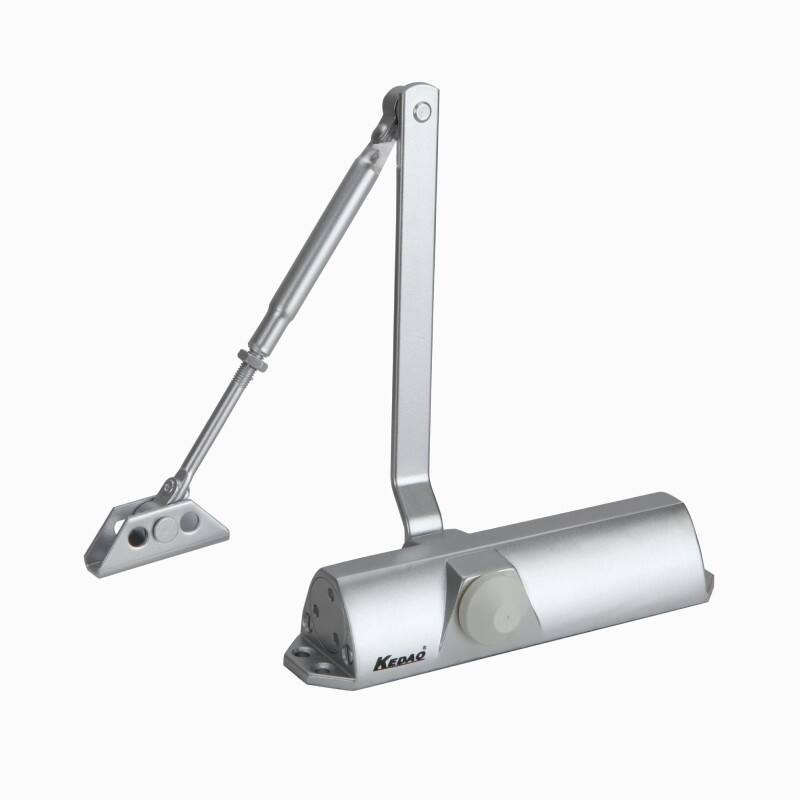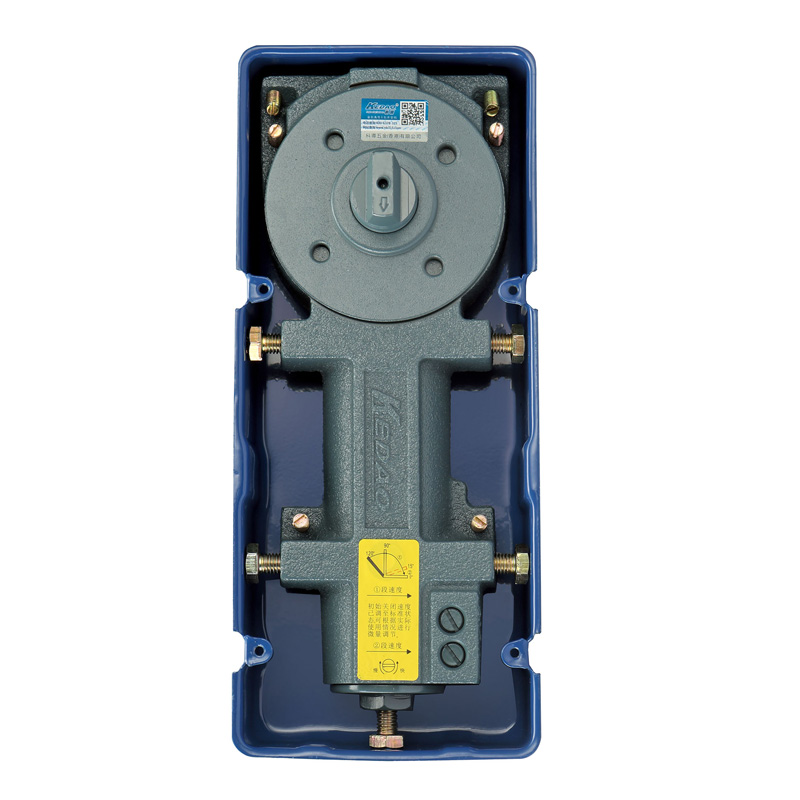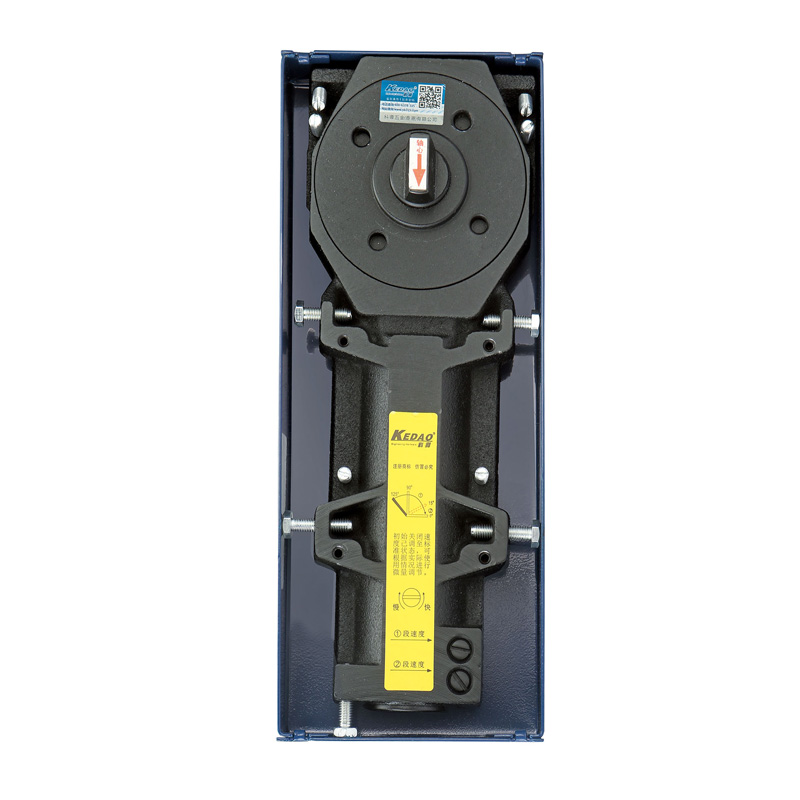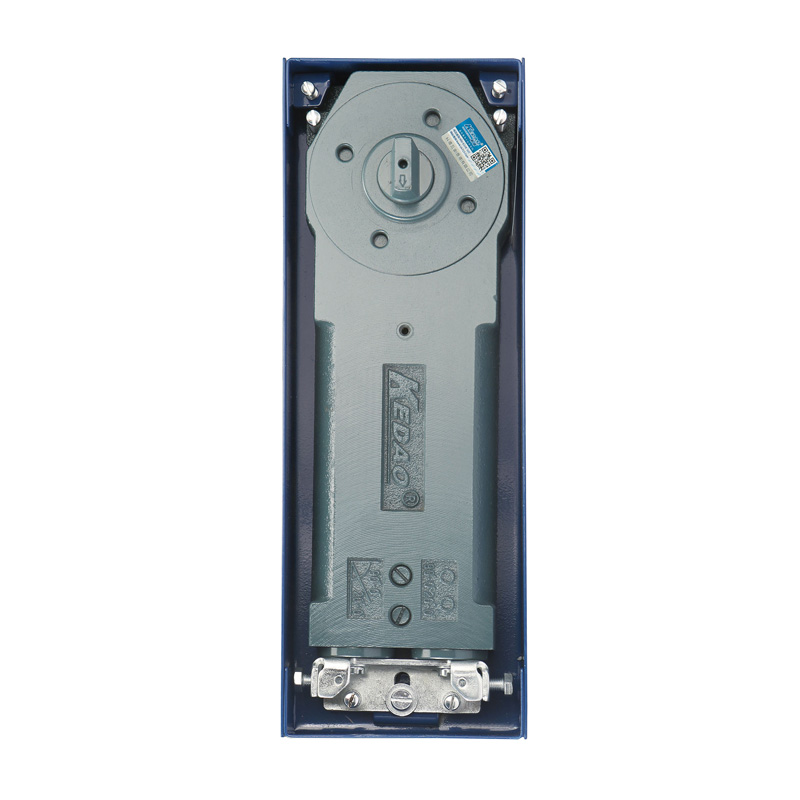Door closers guard entrances and exits while ensuring smooth and controlled closing of doors. These unassuming devices play a pivotal role in maintaining security, comfort, and energy efficiency in various settings.
What is a Door Closer?
A door closer is a mechanical device designed to facilitate the controlled closing of doors after they have been manually opened. Whether in a residential, commercial, or industrial setting, door closers are an integral part of daily life, ensuring that doors close securely and quietly without slamming or causing abrupt drafts.
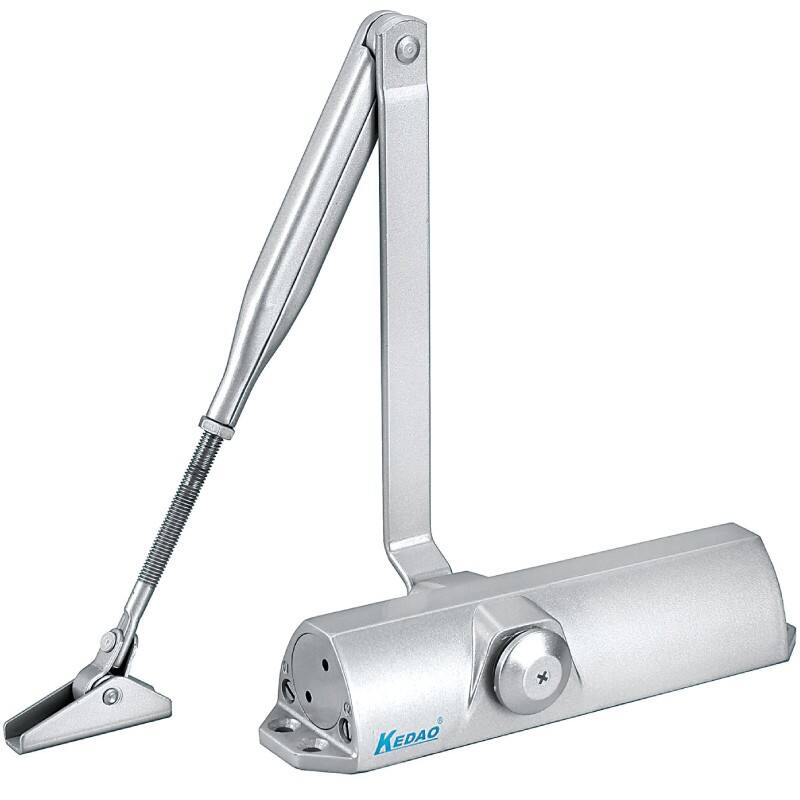
How Does a Door Closer Work?
At its core, a door closer operates on a simple yet effective mechanism.
Main Body: The primary housing of the door closer contains the critical components, including the hydraulic fluid or pneumatic air chamber, control valves, and mechanical linkage.
Mounting: Door closers can be surface-mounted (visible on the door's surface) or concealed within the door frame (concealed door closers). The choice depends on aesthetic preferences and practicality.
Door Arm: The door arm connects the door closer to the door and is responsible for controlling the door's movement. It is typically composed of a forearm and a slide track.
Hydraulic or Pneumatic Mechanism: Door closers use either hydraulic fluid or pneumatic air pressure to control the closing speed and force of the door. When the door is opened, the hydraulic fluid or compressed air is compressed in a cylinder, storing energy for later release.
Control Valves: These valves regulate the flow of hydraulic fluid or air, controlling the door's speed during closing. Adjusting these valves allows for customization of the door closer's performance.
Spring Mechanism: Some door closers also incorporate springs to store energy, aiding in the closing action.
FAQs About Door Closers
Q1: Are door closers only used for security purposes?
A1: No, while security is one aspect, door closers also contribute to energy efficiency by preventing drafts and controlling temperature. They also enhance accessibility by ensuring doors are not left open.
Q2: Can I install a door closer on any type of door?
A2: Door closers are versatile and can be installed on various door types, including wooden, metal, glass, and even fire-rated doors. The choice depends on the specific door closer model and its compatibility.
Q3: Are there special considerations for installing door closers on glass doors or doors with different materials?
A3: Installing door closers on glass doors may require specialized hardware and considerations for the door's material. Consult with a professional to ensure the installation is done correctly. Different materials may impact the choice of door closer type and installation method.
Q4: Can door closers be used on exterior doors?
A4: Door closers are suitable for both exterior and interior doors. They provide added security and weather resistance to exterior doors, ensuring they close securely and prevent drafts.
Q5: Are there different types of door closers, and how do I choose the right one?
A5: Yes, there are various types, including surface-mounted, concealed, and overhead door closers. Choosing the right one depends on factors like door weight, location, and aesthetic preferences.
Q6: Are door closers adjustable in terms of closing speed and force?
A6: Yes, most door closers offer adjustability. By tweaking the control valves, you can customize the closing speed and force to suit your requirements.
Q7: Can door closers be used in residential settings, or are they primarily for commercial use?
A7: Door closers are suitable for both residential and commercial settings. In residential applications, they enhance security and energy efficiency.
Q8: Do door closers require maintenance?
A8: Regular maintenance is advisable to ensure optimal performance and longevity. Lubrication, inspection, and occasional adjustment may be necessary.
Q9: Are there door closers designed for fire-rated doors?
A9: Yes, there are fire-rated door closers specifically designed to meet safety standards for fire doors. These closers ensure the door closes and latches securely in the event of a fire.
Q10: Can I retrofit an existing door with a door closer?
A10: Retrofitting is possible, but it's essential to select a door closer that is compatible with your door type and meets your specific needs.
Conclusion
In essence, a door closer is a remarkable device that operates on a simple yet ingenious mechanism, offering control, convenience, and security. Its versatility and adaptability make it an essential component in various settings, from homes to commercial buildings. By understanding how door closers work and addressing common questions, you can make informed decisions when it comes to installation, maintenance, and choosing the right door closer for your needs.



